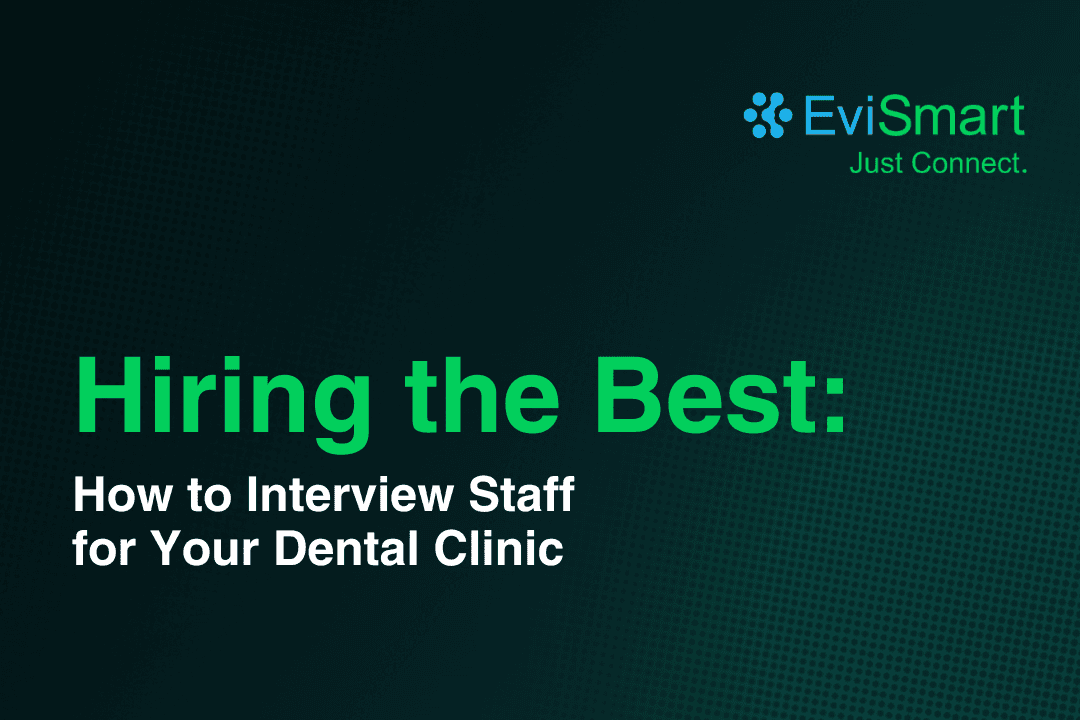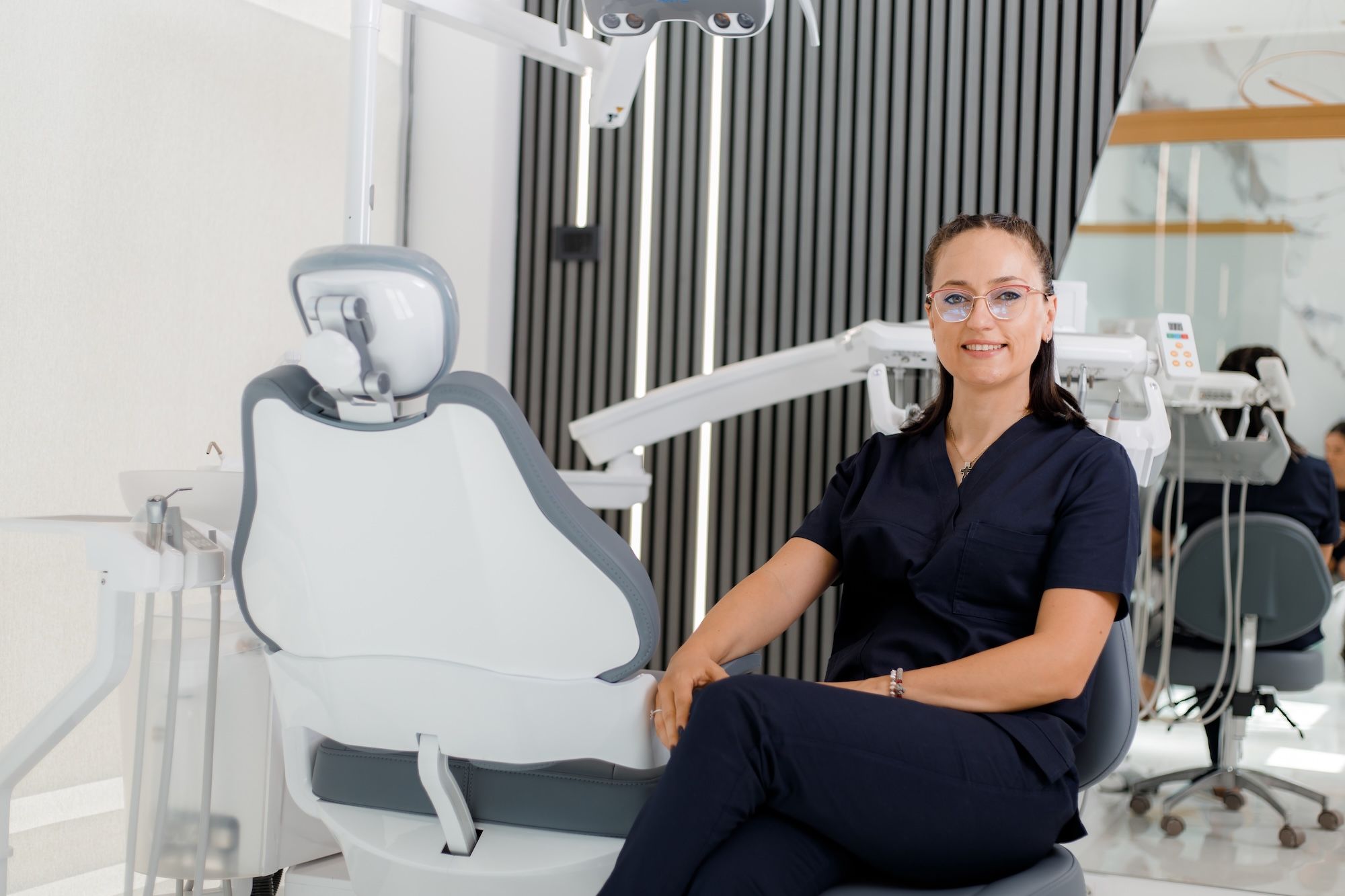
You’ve posted the job ad and sorted through resumes. Now comes the tricky part: interviewing.
A strong interview process can be the difference between hiring a high-performing team member or dealing with turnover down the road.
This guide walks you through how to conduct effective interviews that lead to confident hiring decisions.
It’s common for dentists to Google “top 10 interview questions” before meeting with a potential hire — but it’s also common for candidates to research “top 10 interview answers.” This was the observation of Dental Practice Management Strategist Ginny Hegarty in the American Dental Association (ADA)’s podcast Dental Sound Bites.
Hegarty added, “This theater goes on where everybody’s doing their performance really well, but they’re not learning anything about each other."
As such, she recommended consulting with the rest of the team to create de facto criteria for a good hire. “Often, doctors think if it's going to get done, it's got to be me. But your team wants to be part of the process. And it will be more successful if they are,” Hegarty said. “People support what they help create.”
Hagerty advises clinics to identify what worked and what didn’t among previous hires. You don't have to name names or cite specific incidents, but it can be useful to pinpoint the team’s non-negotiables moving forward. Did someone bring many strengths to a position but was not providing detailed chart notes, which caused bottlenecks? Then good written and oral communication may be one of your non-negotiables.
Simply asking staff what they want to see in a new hire may not always yield the most substantial results, so one useful technique is reverse brainstorming. Instead of thinking of the best candidate, they think of the worst: maybe someone who’s always late, keeps crucial patient information to themselves, or uses too much jargon while speaking to patients.
Once you have this list, you reverse these ideas back into positive ones: someone who’s punctual, a team player who keeps charts updated, and a great communicator who laymanizes information for patients. This becomes what you look for in candidates.

Now that you have your team’s input, you can ask questions that help determine if a candidate possesses the traits you’re looking for. Below is a useful structure to follow so you hit all bases during the interview.
What do you ask after “Tell me about yourself”? Regardless of role, you can ask the following.
Especially for clinical roles, it’s best to ask specific questions to gauge a candidate’s knowledge. Below are sample questions for a dental assistant role and a dental hygienist role, as well as what to look for in their responses.
Dental assistant sample questions:
Dental hygienist sample questions:

Beyond their hard skills, you can ask these questions for any role to assess problem-solving and critical thinking.
The following questions help determine how a candidate can work with your current team and culture.
During the interview, you not only get to know the candidate; they get to know you and your clinic as well. Open the floor to questions about the role and its contributions to daily operations.

Score their responses during the interview
While we know what to look for in the candidate’s responses, how do we know which candidates are the best fit?
Hagerty, from the ADA podcast, has a scoring system for interviews:
Imagine a phone interview has 6 questions, and each question is worth 5 points. The interviewer can give them a score between 1 and 5, then total it after the conversation. Instead of taking down everything they say, note what you think of their answers.
Now, of a possible 30 points, Hagerty suggested setting a minimum score to filter candidates who would move on to the next phase. This can be 20-25 points.
Don’t be afraid to restart the search
The goal of recruitment, according to Hagerty, is not to hire the best among the applicants but to evaluate each of them against the role. That means it’s possible for none of the candidates to fit the bill.
Being short-staffed is admittedly challenging, but taking your time with recruitment and ensuring you’re getting the best possible fit is worth it in the long run. We’re trying to avoid a high turnover rate, which can lower overall employee morale.
By taking the time to define your hiring needs, ask intentional questions, and quantitatively assess candidates, you minimize costly hiring mistakes. Investing in the right people now will save you time, money, and stress in the future; and a strong team fosters a more efficient clinic, happier patients, and a fast-growing practice.